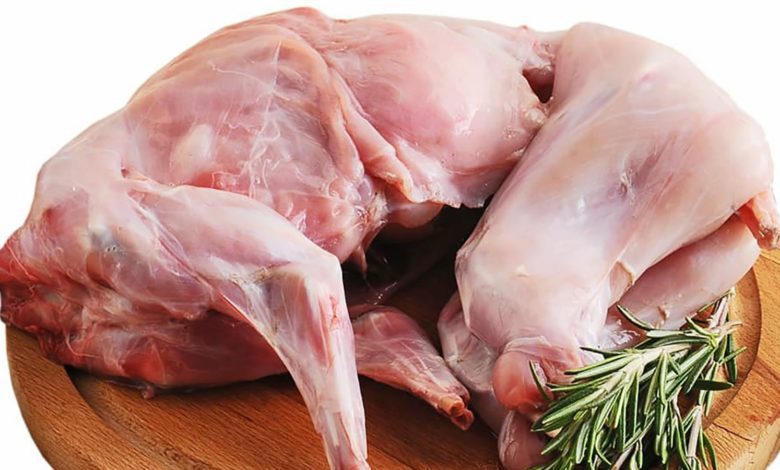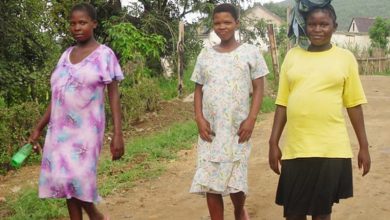Byo to get a rabbit abattoir, first of its kind

RAYMEG Consultants Private Limited, a corporate member of the Zimbabwe Commercial Rabbit Breeders Association (Zicorba), is set to build a rabbit abattoir in Bulawayo—the first of its kind in the city—within the next 12 months, an official has said.
Formed in July 2020 by a group of rabbit farmers, Zicorba is the only collective voice of rabbit farmers in Zimbabwe.
Zicorba president Regis Nyamakanga said this is part of a plan to open satellite rabbit slaughter-houses in various parts of the country, to bring the market closer to a plethora of cuniculture producers dotted across Zimbabwe.
The construction of Zimbabwe’s first rabbit abattoir, which is built to export specifications, was completed in Harare in July 2021 at a cost of nearly US$1 million.
The Harare-based abattoir, which is owned by Raymeg Consultants, is one of the biggest rabbit abattoirs in Africa.
“We are currently in discussions with a number of investors to open the country’s second abattoir in Bulawayo, which will serve farmers from Matabeleland regions. Land for this purpose has already been identified. Our business partners have also identified land to build other satellite abattoirs in Manicaland, Masvingo and Mashonaland West provinces,” Nyamakanga said.
The Zicorba chief said the plans to open a rabbit abattoir in Bulawayo and more slaughterhouses in other parts of the country are part of the resolutions of the association strategic planning meeting that was held in Zimbabwe’s second-largest city on 4 and 5 September 2021.
He said Zicorba leaders from Zimbabwe’s 10 provinces had reported a sharp increase in rabbit production across the country. It has been agreed that more abattoirs needed to be opened to bring the market closer to the producers.
Zicorba, a member of the Livestock and Meat Advisory Council of Zimbabwe, aims to broaden the participation of the majority of Zimbabweans in rabbit production, improve livelihoods, create employment among youth and women in particular, and to contribute to the country’s gross domestic product.
Rabbit industry is one of the fastest-growing industries globally, with statistics showing that over four billion kilogrammes are consumed worldwide with some countries in Europe importing between US$20 million to US$33 million worth of rabbits annually.
Rabbit farming has significant potential to bring in foreign currency into the country through exports as well as improve food security and nutrition in developing countries.
Rabbit meat products are also said to possess medicinal properties, and meat has a higher percentage of easily digestible protein.
In addition, rabbit meat has the lowest fat and calories, less sodium content and a high meat-bone ratio.
Other end products that are obtained from rabbits such as fur and manure even make breeding rabbits more attractive to small-scale and urban farmers.
Aside from the highly nutritional meat, rabbit dung can be used as fertilizer, and their urine can be used as a pesticide.
Farmers said the main advantage of rearing rabbits is that their offspring grow fast and reach breeding and marketing age more quickly than other livestock.
For instance, a single female rabbit can be bred up to nine times in a single year, while it takes about 33 days for a pregnant rabbit to produce offspring.






